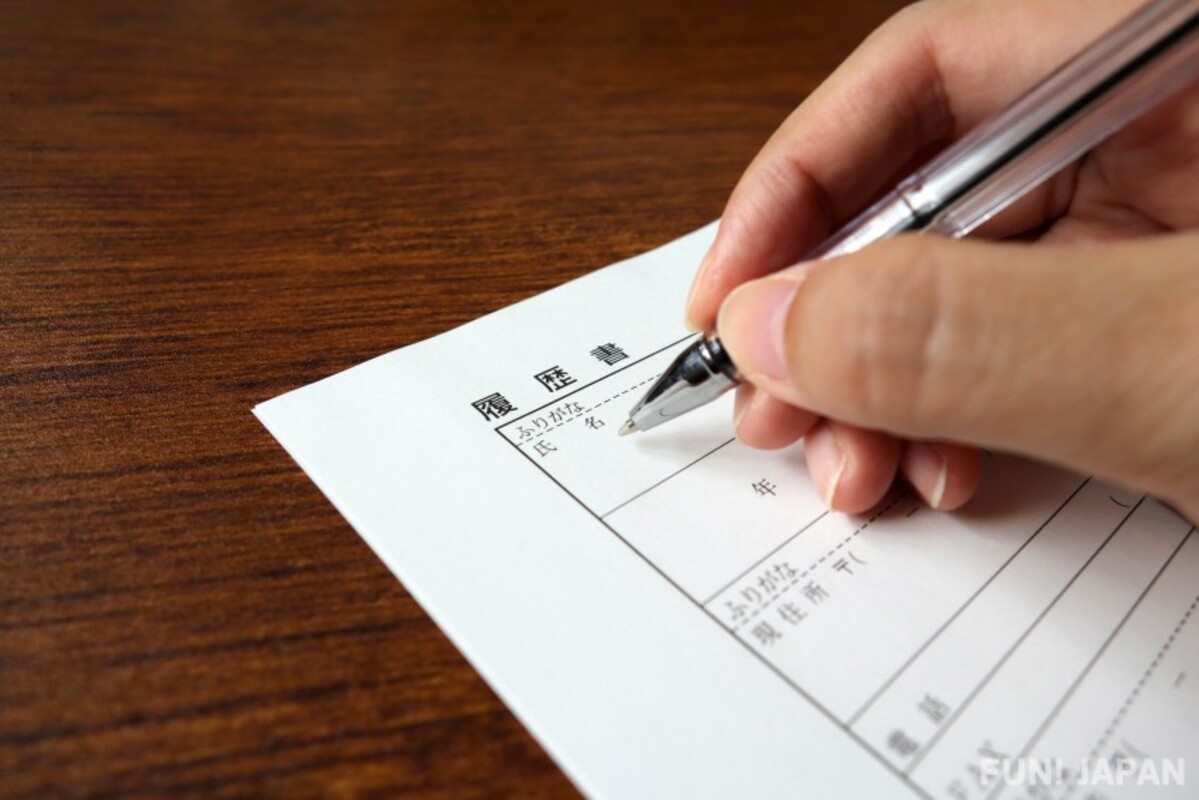
Japanese names consist of a surname followed by a given name. Surnames are generally inherited from ancestors, meaning that parents and children in the same family share the same surname.
This article introduces some of the most common names in Japan.
Top 20 Most Common Surnames in Japan
According to data compiled by "Myoji-Yurai.net," a comprehensive information website covering 99% of all Japanese surnames, the ranking of the most common surnames in Japan is as follows. This data is based on government statistics released as of October 2024, along with nationwide telephone directory data.
| Rank | Kanji | Hiragana | Romanized | Population |
| 1 | 佐藤 | さとう | Sato | Approx. 1,813,000 |
| 2 | 鈴木 | すずき | Suzuki | Approx. 1,757,000 |
| 3 | 高橋 | たかはし | Takahashi | Approx. 1,372,000 |
| 4 | 田中 | たなか | Tanaka | Approx. 1,302,000 |
| 5 | 伊藤 | いとう | Ito | Approx. 1,045,000 |
| 6 | 渡辺 | わたなべ | Watanabe | Approx. 1,035,000 |
| 7 | 山本 | やまぐち | Yamamoto | Approx. 1,021,000 |
| 8 | 中村 | なかむら | Nakamura | Approx. 1,018,000 |
| 9 | 小林 | こばやし | Kobayashi | Approx. 1,003,000 |
| 10 | 加藤 | かとう | Kato | Approx. 867,000 |
| 11 | 吉田 | よしだ | Yoshida | Approx. 807,000 |
| 12 | 山田 | やまだ | Yamada | Approx. 793,000 |
| 13 | 佐々木 | ささき | Sasaki | Approx. 650,000 |
| 14 | 山口 | やまぐち | Yamaguchi | Approx. 627,000 |
| 15 | 松本 | まつもと | Matsumoto | Approx. 611,000 |
| 16 | 井上 | いのうえ | Inoue | Approx. 599,000 |
| 17 | 木村 | きむら | Kimura | Approx. 560,000 |
| 18 | 林 | はやし | Hayashi | Approx. 532,000 |
| 19 | 斎藤 | さいとう | Saito | Approx. 528,000 |
| 20 | 清水 | しみず | Shimizu | Approx. 520,000 |
* Source: Surname origin net
Unique and Interesting Japanese Surnames
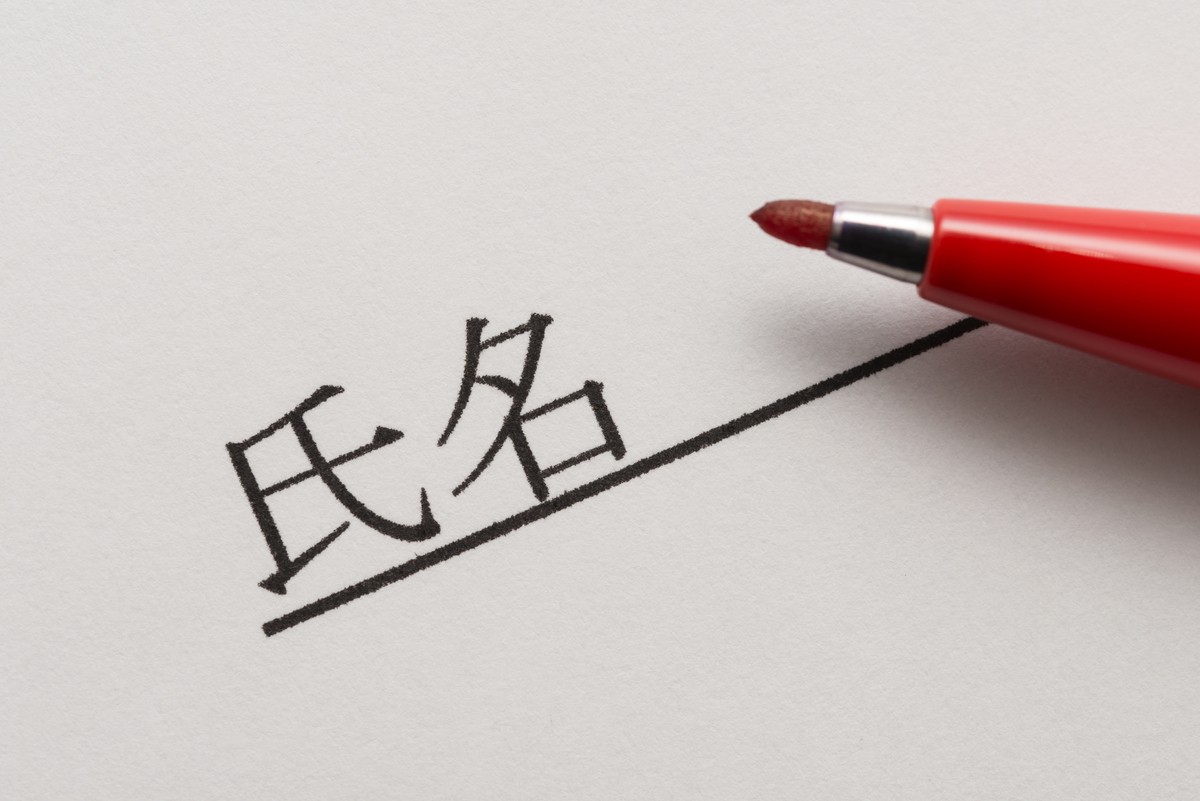
There are many rare and fascinating Japanese surnames that even surprise Japanese people. Here are a few of them.
鬼 (Oni)
"Oni" refers to the demon-like creatures often seen in Japanese folklore. These mythical beings are famous for appearing in stories such as "Momotaro." The surname can be used as is, or it can appear as part of other surnames, such as Aoki (青鬼 - Blue Oni), Akagi (赤鬼 - Red Oni), or Amaki (天鬼 - Heavenly Oni).
砂糖 (Satō)
One of the most common Japanese surnames is "Satō (佐藤)", but did you know that "Satō" is also the Japanese word for sugar? However, while "佐藤" is widely used, "砂糖" (which uses the kanji for sugar) is extremely rare.
苦瓜 (Nigauri)
A surname inspired by vegetables. Other examples include Azuki (小豆 - Red Bean) and Nasu (茄子 - Eggplant).
鰻 (Unagi)
"Unagi" means eel in Japanese. This is an extremely rare surname, with fewer than 10 people in Japan having it.
御手洗 (Mitarai)
This surname is written with the same kanji as "otearai (お手洗い)," which means restroom in Japanese. However, "Mitarai" is also used as a place name in Japan.
Do Married Couples in Japan Have to Share the Same Surname? The Current Situation
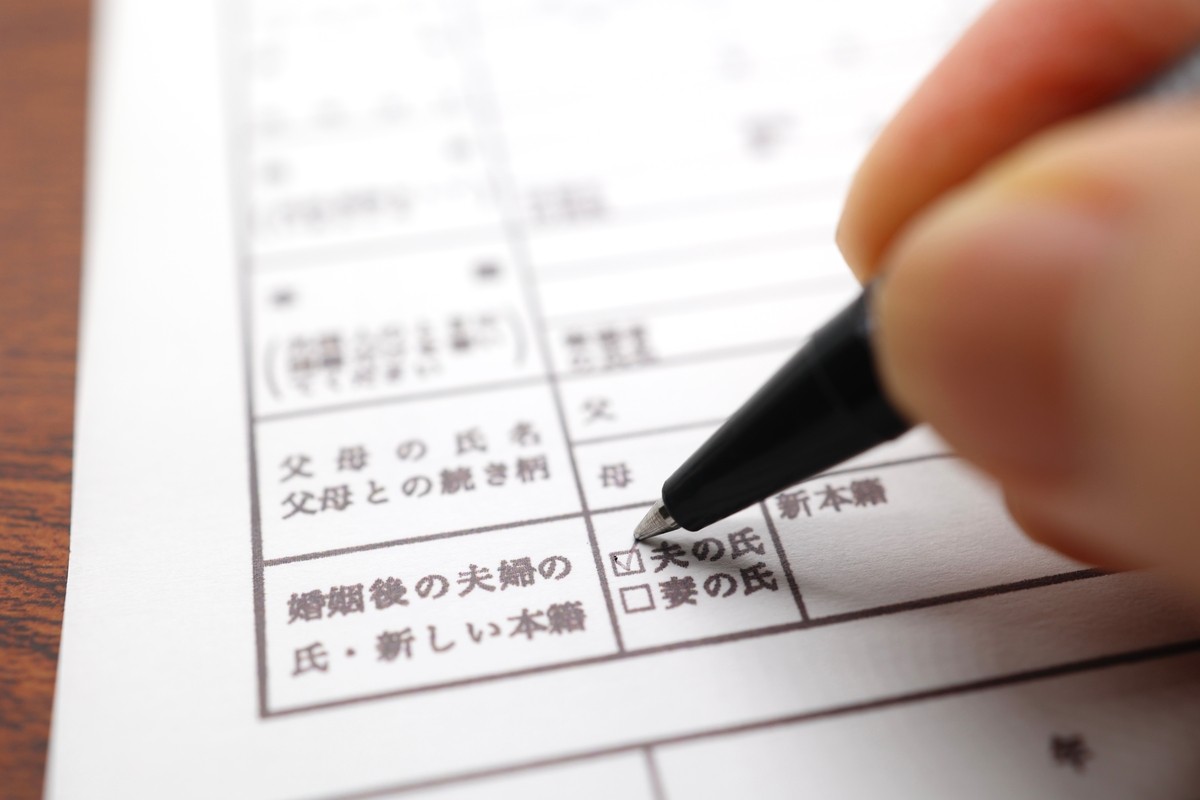
In Japan, the law requires that married couples take the same surname. This means that when getting married, one partner must change their surname to match the other's. In reality, about 95% of women adopt their husband's surname.
In June 2021, Japan’s Supreme Court ruled that the legal requirement for married couples to share the same surname does not violate the Constitution. However, the debate over allowing couples to keep separate surnames remains ongoing, as many continue to advocate for gender equality and individual rights.
Most Popular Japanese Baby Names
Below are the top three baby names in Japan from 2018 to 2024, based on rankings published annually by Benesse Corporation, a major Japanese publishing company.
Boy Names
2018
- No. 1 蓮(Ren)
- No. 2 陽翔(Haruto, Akito, Hyuga)
- No. 3 陽太(Haruto, Youta, Hinata)
2019
- No. 1 蓮(Ren)
- No. 2 律(Ritsu)
- No. 3 湊(Minato, So, Kanade)
2020
- No. 1 蓮(Ren)
- No. 2 陽翔(Haruto, Akito, Hyuga)
- No. 3 蒼(Aoi, So, Sora)
2021
- No. 1 蓮(Ren)
- No. 2 陽翔(Haruto, Akito, Hyuga)
- No. 3 蒼(Aoi, So, Sora)
2022
- No. 1 碧(Ao, Aoi)
- No. 2 陽翔(Haruto, Akito, Hyuga)
- No. 3 蒼(Aoi, So, Sora)
2023
- No. 1 蓮(Ren)
- No. 2 碧(Ao, Aoi)
- No. 3 陽翔(Haruto, Akito, Hyuga)
2024
- No. 1 碧(Ao, Aoi)
- No. 2 蓮(Ren)
- No. 3 凪(Nagi)
Girl's Names
2018
- No. 1 陽葵(Himari, Haruka, Hinata)
- No. 2 芽依(Mei)
- No. 3 莉子(Riko)
2019
- No. 1 陽葵(Himari, Haruka, Hinata)
- No. 2 凛(Rin)
- No. 3 芽依(Mei)
2020
- No. 1 陽葵(Himari, Haruka, Hinata)
- No. 2 結菜(Yuna, Yuuna, Yuina)
- No. 3 莉子(Riko)
2021
- No. 1 陽葵(Himari, Haruka, Hinata)
- No. 2 Tsumugi
- No. 3 凛(Rin)
2022
- No. 1 陽葵(Himari, Haruka, Hinata)
- No. 2 凛(Rin)
- No. 3 結菜(Yuna, Yuuna, Yuina)
2023
- No. 1 陽葵(Himari, Haruka, Hinata)
- No. 2 凛(Rin)
- No. 3 翠(Sui)
2024
- No. 1 凛(Rin)
- No. 2 陽葵(Himari, Haruka, Hinata)
- No. 3 翠(Sui)
Trends in Japanese Names Over Time

Unlike surnames, given names reflect trends and societal changes. Some parents choose names based on popular celebrities of the time.
Additionally, "Kira-Kira Names" (flashy names) have become more common. These names use kanji characters with unusual readings, often deviating from their traditional pronunciation. Examples include Kokoa (心愛) and Kitty (姫星)—names that don’t sound traditionally Japanese at all.
Traditional Japanese Names Are Also Popular!
Japan is known as the land of samurai and ninja, and some parents choose names that reflect this image.
For boys, names like Yamato (大和), Taiga (大雅), and Takeshi (武士) evoke a strong, traditional feel. Names ending in "-nosuke (●●のすけ)," "-hiko (●●ひこ)," or "-tarō (●●たろう)" also carry a distinctly Japanese sound.
For girls, names ending in "-ko (子)" were especially common from the Taisho to Showa eras, such as Kazuko (和子) and Yumiko (由美子). Other classic choices include names with "-mi (美)" or "-ka (香)" in the second character, like Aimi (愛美) and Yuka (由香), which remain popular for their elegant, Japanese aesthetic.
Did you recognize any familiar Japanese surnames or given names from this article? If you have any questions about Japanese names, feel free to leave a comment!
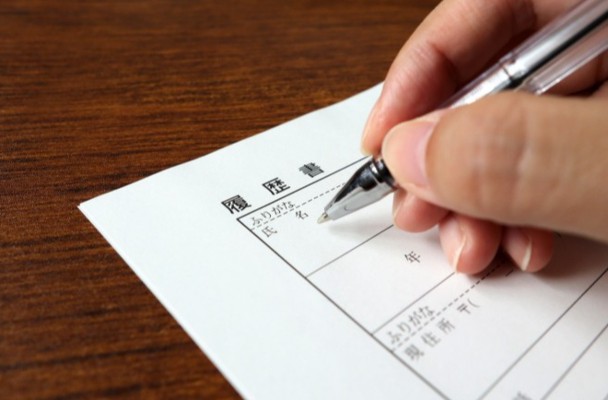
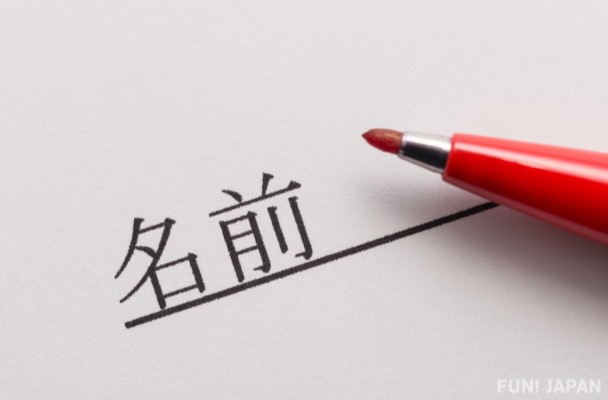
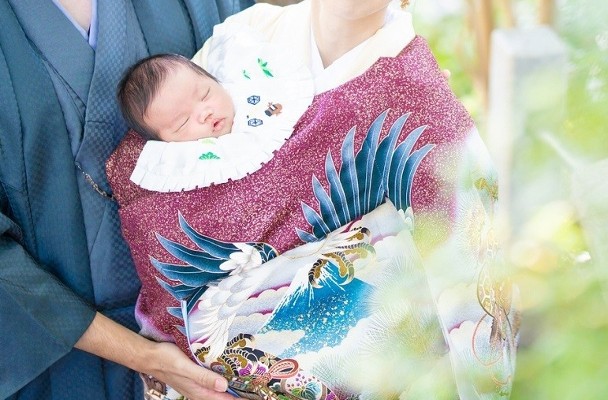
Comments